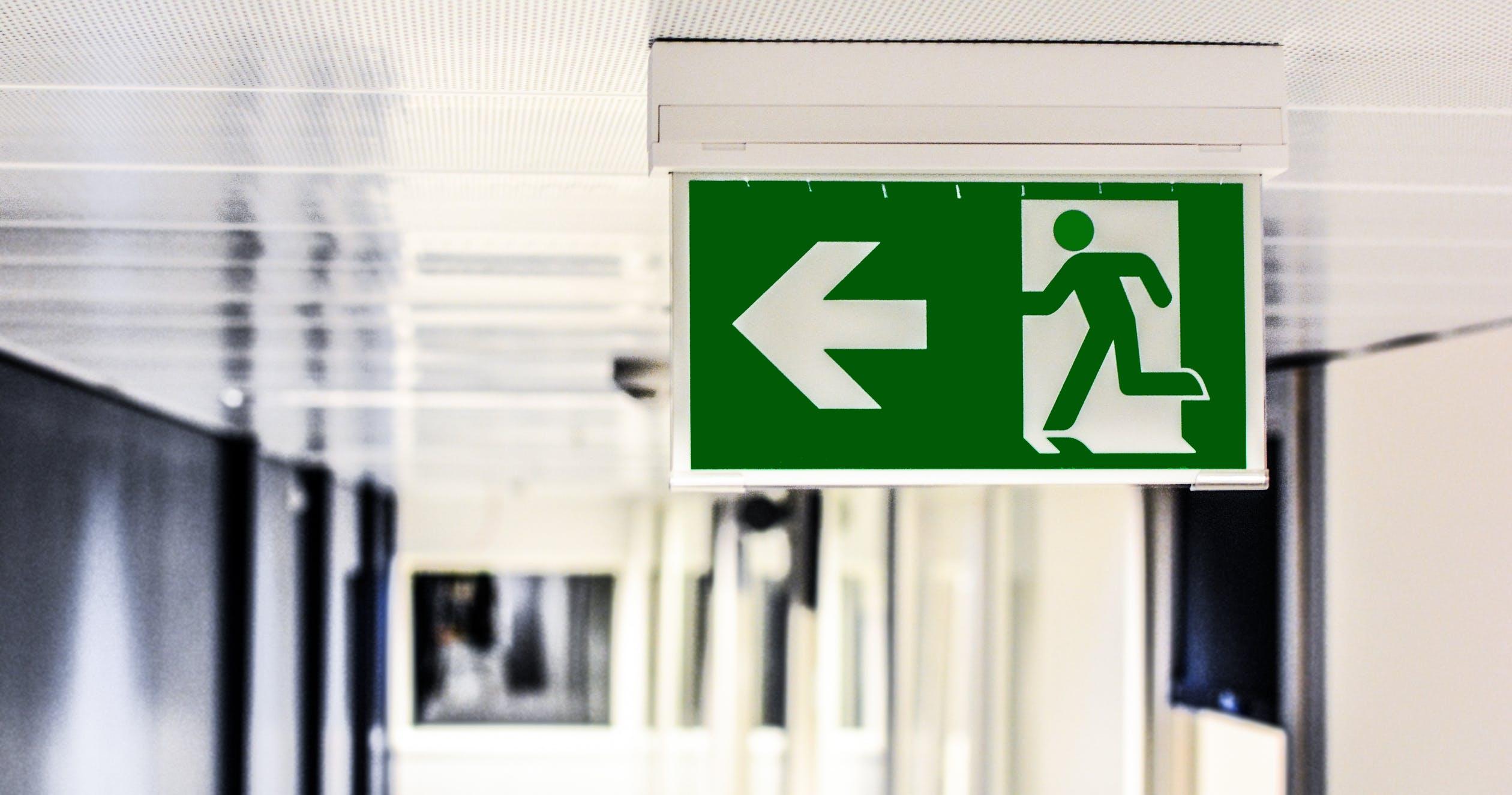
SMS communication saving lives
The use of SMS messaging is becoming more common in many parts of daily life. In emergency situations as well, SMS is becoming increasingly utilised to help protect and aid the welfare of those at the heart of the disaster, as well as family and friends trying to help and confirm their safety. SMS has application before, during, and after an emergency scenario – with a strong role to play at each stage.
Before a disaster
SMS has clear potential as part of warning systems before disaster strikes. As an example, some modern smoke alarms, such as the Firetext Smoke Alarm, are now being fitted with SIM cards; allowing them to send fire alerts directly to a designated list of recipients. These messages can also be tailored to include the identification of the specific device activated, letting users know exactly where a fire is occurring. Even when shop and land owners are away from their properties, SMS enables peace of mind knowing that should something happen, they can act immediately – potentially saving a great deal of money and potential property damage.
Organisations such as the Early Warning Network in Australia are also using SMS to warn communities about natural disasters, regardless of location. Particularly, people living in rural areas can be warned about flood and fire threats directly to their mobile handsets, giving the necessary warning for timely evacuations, or the chance to try and save their property from damage.
During an emergency
The potential for SMS to aid during the course of an emergency situation is also significant. When communication and coordination is essential, or where it must be conducted on a large scale, the utility of SMS is immense. For example, organisations are able to include emergency SMS as part of their safety action plans, immediately alerting the necessary people about the nature of the emergency and what they need to do in response. With preparation, literally thousands of people can be contacted in only a short time, enabling an organised response.
Some institutions, such as Universities and schools, have introduced emergency SMS alert systems allowing those in charge of emergency scenarios to alert registered users in the case of a campus-wide emergency. Such a precaution is significantly important in planning for such events, and could greatly increase the safety of recipients.
SMS in the UK
Emergency SMS has also been successfully introduced in the UK, allowing greater access to emergency services for the deaf, hard-of-hearing and those with speech-impairment. The system, which allows individuals with a registered handset to use the service, involves sending an emergency SMS to a designated emergency number. The contents of this message are then immediately relayed to emergency services, with their response sent back by SMS to the original handset. In this way, citizens whom would be unable to call in during an emergency are enabled access to a critical service.
In the wake of disaster
Following a large scale disaster, information often needs to be distributed quickly. The location and status of survivors, help for both citizen and non-citizens in the affected area, and the dissemination of safety information, are all essential to help coordinate recovery efforts. Of course, SMS is important for individuals trying to contact their friends and family. However, there are other applications, such as Government run information hotlines. These hotlines are able to provide simple information for those in need following a disaster, where phone lines would normally not be suitable. For example, contact information or evacuation details can be requested, which are then responded to by agents, with a message being sent back shortly.
SMS has also been used as a way of encouraging financial support for disaster recovery efforts, such as seen shortly after the 2010 Haiti earthquake. For example, in the United States, the Red Cross organisation set up a number which accepted donations via SMS, raising over $5 million in donations.
Overview
Emergency SMS services have been shown to be of substantial use in disaster scenarios. The key for governments and organisations in moving forward with such services, however, will be preparation.
